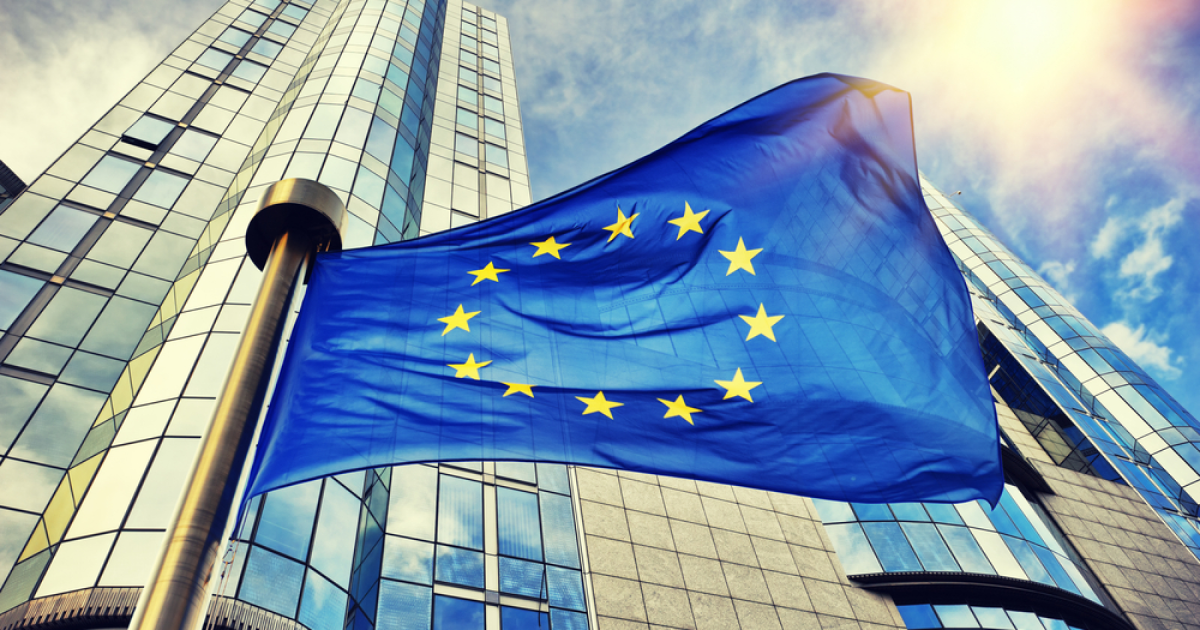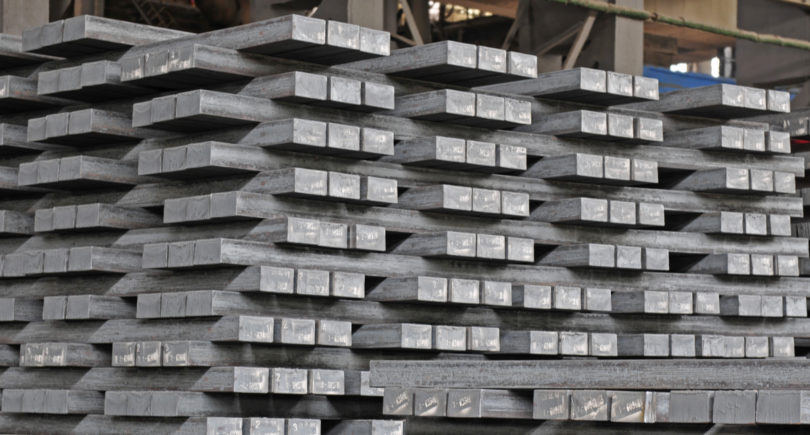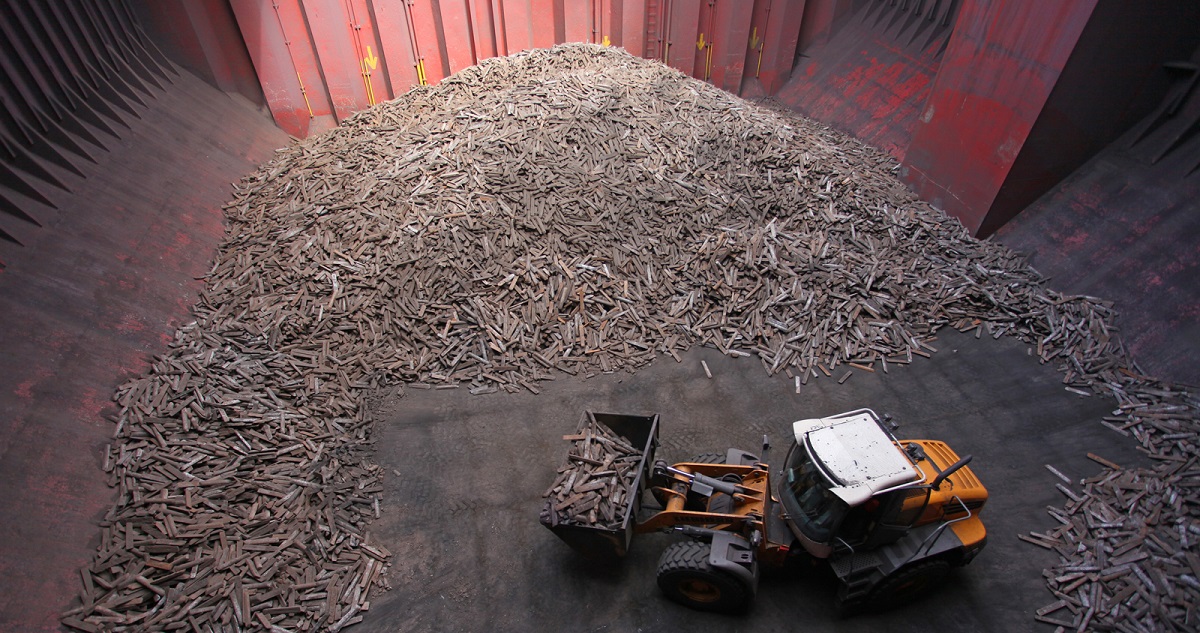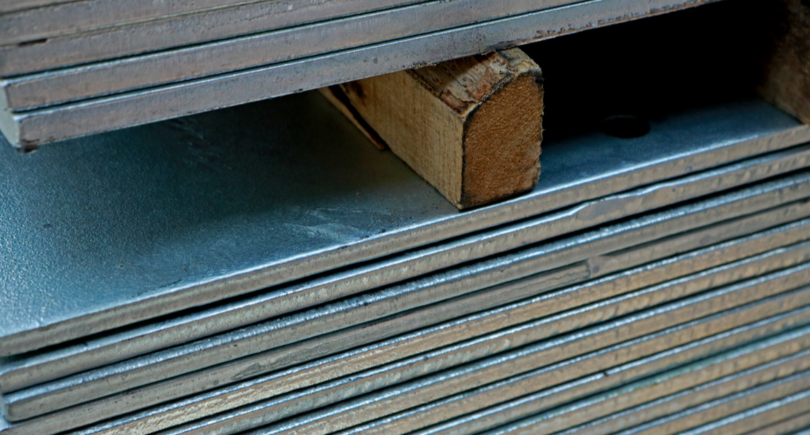
Representatives of various sectors released the Antwerp Declaration – a ten-point plan
EU industry leaders representing nearly 20 sectors have signed the Antwerp Declaration on the European Industrial Agreement. This is stated in the message of the chemical industry association Cefic.
Representatives of business and industry gathered in Antwerp to decide on the future. They were joined by European Commission President Ursula von der Leyen and Belgian Prime Minister Alexander de Kroo. They called for a European Industrial Agreement on the same level as the EU’s Green Deal, which would help to increase the competitiveness of industrial sectors during the energy transition.
«The U.S. economy, which benefits from the financial support of the Inflation Reduction Act (IRA) and its availability, China’s overcapacity and increased exports to Europe – all of this is further increasing the pressure on European industry. Our companies face this problem every day. They close sites, stop production, and lay off people. Europe urgently needs a business case,» the declaration says.
The Antwerp declaration is a 10-point plan designed to address the pressing problems of Europe’s industrial landscape. In particular, it envisages the integration of the European Industrial Agreement into the European strategic agenda for the next five years, optimization of legislation and simplification of the state aid system.
Industrialists also call for making Europe a globally competitive energy supplier. In their opinion, the next European Commission should prioritize projects to create sufficient and affordable low-carbon and nuclear energy.
In addition, the plan emphasizes the need for self-sufficiency in raw materials, stimulating demand for environmentally friendly products, and developing innovation. The signatories also highlight the single market as an asset that needs to be utilized and revitalized. The Declaration was signed by representatives of various sectors, including the chemical, steel, and mining industries.
As GMK Center reported earlier, representatives of eleven German steel regions have formed a new national initiative, Stahlallianz (Steel Alliance), to defend their common interests. One of the key topics of their resolution is the extension of European quotas on steel imports. In addition, the alliance demands that the government support the steel industry to create better investment prospects.




